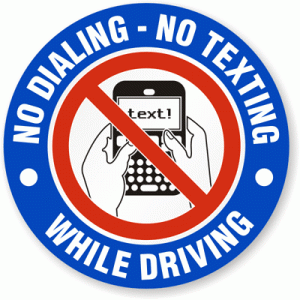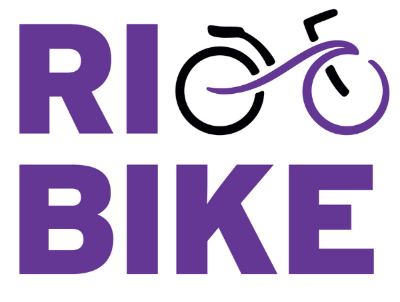
 An article on Bloomberg Businessweek follows up on yesterday’s story about complete cellphone bans by suggesting that perhaps it’s time to treat distracted driving in the same way as the assault on DWI over the past decade. I personally find it particularly interesting how they start their story:
An article on Bloomberg Businessweek follows up on yesterday’s story about complete cellphone bans by suggesting that perhaps it’s time to treat distracted driving in the same way as the assault on DWI over the past decade. I personally find it particularly interesting how they start their story:
Driving is an inherently dangerous activity. But in the U.S., we’ve generally accepted that the gains in convenience, freedom and productivity that motor vehicles provide outweigh their many hazards.
I believe you’ve heard this exact sentiment noted many times here before. Somehow, this country as a whole has come to accept injuries and fatalities as a byproduct of motoring. This doesn’t need to be the case. They go on to say that the laws should reflect common sense:
The first rule should be common sense. For example, sending text messages while driving, an objectively dangerous pursuit, should be banned outright. (It already is in 35 states and Washington, D.C.)
But further restrictions — such as allowing the use of only hands-free devices, levying stiffer penalties for accidents involving mobile-phone use, or enacting a ban on drivers interacting with anything more complicated than the radio dial
But how do you actually get people to pay attention? You reward those that are doing the right thing:
one solution the NTSB cites is promising. It suggests that device makers develop technology that would disable phones within reach of the driver while a vehicle is in motion… Insurance companies can speed public adoption of this technology by offering discounts for drivers who use it.
and punish those that don’t:
The idea would be to attach a social stigma to DWD that’s the rough equivalent of DWI. Ad campaigns would help. Punitive insurance premiums would also concentrate drivers’ minds. And states could start requiring offending motorists to attend awareness classes.
